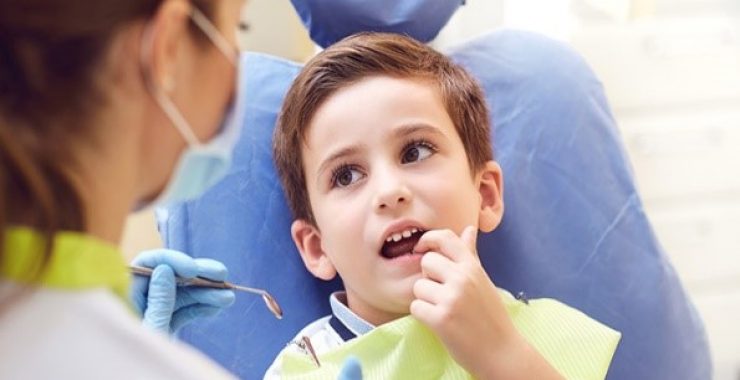83 Lampits Hill, Corringham, Essex, SS17 9AB

From chipped or cracked teeth, to a lost tooth, children playing can lead to a wide range of dental issues. A chipped tooth isn’t a serious dental problem if your child is not experiencing any pain. But cracks could cause serious pain later when bacteria comes into contact with the soft tissue inside. Teeth may become loose or get knocked out, which may cause a choking hazard.
If your child chips, cracks, or knocks out a tooth, here are some things that you should do:
Chipped Tooth- even if your child isn’t in pain, it is important to make an appointment to see the dentist. Rinse your child’s mouth with warm water to remove any pieces of chipped teeth. If there’s bleeding, use wet gauze to apply pressure to the affected area. It is important to see the dentist the same day to prevent infection. For minor chips, the dentist will polish and smooth the chipped surface to prevent gum injuries. For serious chipping, the tooth nerve could be exposed. If it’s a baby tooth, or deciduous tooth, the dentist may decide to remove it to avoid affecting the permanent tooth underneath. Make sure that your child maintains a proper oral hygiene routine after the treatment. If your child already has fully growing permanent teeth, the dentist may place a crown or filling over the affected area.
Cracked Tooth- a cracked tooth can be a serious problem and you may not be able to treat it at home. Baby teeth are not as strong as permanent teeth, so they can be cracked more easily. Avoid giving your child hard foods that may cause pain. For minor cracks, the dentist may smooth rough spots to improve the appearance of the tooth. If the tooth is seriously cracked, the gum may bleed and the tooth becomes loose. If the tooth nerve is exposed, it can be very painful. The dentist will decide whether it is possible to salvage the damaged tooth or if it must be extracted.
Knocked Out Tooth- if your child’s gums are bleeding after losing a tooth, hold pressure on it with wet gauze until the bleeding stops completely. Put a small piece of ice cube on the affected area to prevent swelling. For a few days, you should give your child only soft foods like yoghurt, soup, and mashed potatoes. If your child is in pain, a small dose of infant ibuprofen or paracetamol could be helpful. Visit the dentist immediately if your child is showing symptoms like pain, tenderness, swelling, or fever.
Contact Corringham Dental
To learn more ways to take care of your dental health at home, contact Corringham Dental today.
If you enjoyed this article, please feel free to share it on your favourite social media sites.
Back to blog